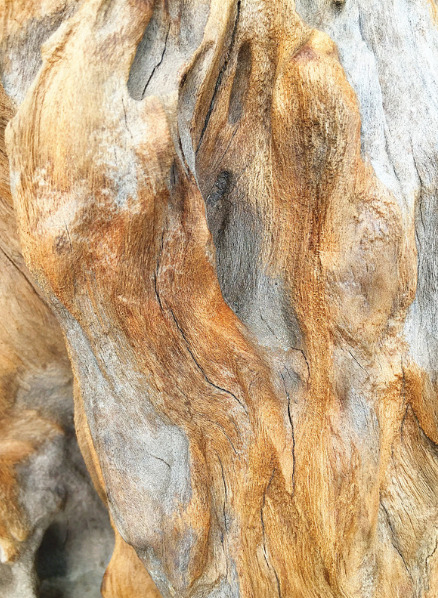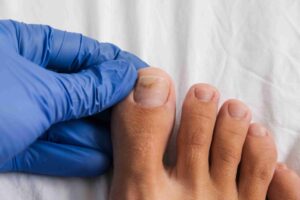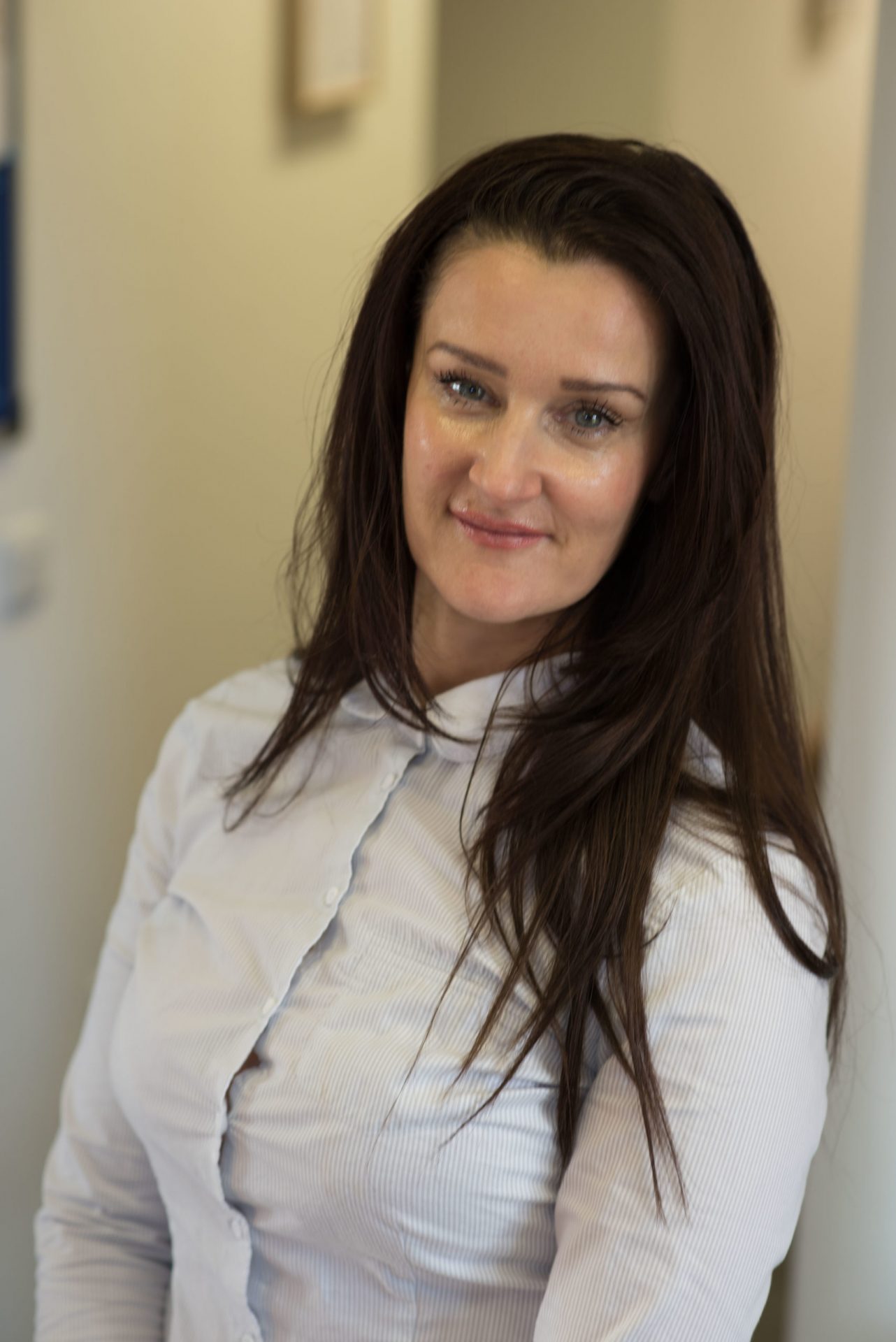What is a Lichen Planus? Learn more about its symptoms, treatments, and causes
Lichen planus is an unusual skin condition affecting the skin and mucous membranes. The condition occurs when a trigger stimulates the immune system to begin targeting specific skin cells. It can cause bumps on your skin and/or sores in moist areas like your mouth and vagina and around your vulva.
This condition comes in several forms, but comes under the umbrella of the skin conditions known as lichenoid conditions. It affects approximately 1% of the population worldwide, mostly affecting adults aged between 30 to 60 years. It has no strong racial predilection. Approximately 10% of those affected have lichen planus of the nails while half of those affected have oral lichen planus, which is more common in women than in men.
Lichen planus is not contagious and can’t be spread through sex. It is a lifelong condition that needs to be treated and monitored.
Symptoms of Lichen Planus
Symptoms include:
- reddish brown patches on the affected area
- pain or burning around the affected area
- itchiness in the affected area.
In severe cases, LP can cause scarring which changes the structure of the affected area. The labia minora may appear flattened, the clitoris can become buried under its hood, the opening of the vagina may shrink or the sides of the vagina may fuse together.
What causes Lichen Planus?
The exact cause of LP is unknown. However, it’s thought that it may be an autoimmune disorder, which causes your immune system to attack cells of the skin or mucous membranes. It occurs more frequently in people who have hepatitis C.
Other factors include:
- stress
- genetics
- injury to the skin
In rare cases, it may also be associated with:
- viruses like those that cause herpes, chicken pox and shingles
- bacteria (helicobacter pylori)
- vaccines
- contact allergens such as amalgam teeth fillings, gold or copper
Treatment of Lichen Planus
This condition may not require treatment, but topical or systemic treatments may be required. We use:
- Topical steroids or steroid injections into the lesions
- Special creams containing prescription-only substances
- Systemic (blood) injections of prescription-only medications
- Phototherapy
- Antibiotics
- Antifungals
- New technology and light-based treatments
Many cases of lichen planus clear up by themselves after some time (maybe years), but some lichenoid conditions can last for decades. Spontaneous recovery is entirely possible, but unpredictable. Scarring is long-lasting, and can include complete balding of the scalp.
Are you suffering from this condition? One of our podiatrist can assist and then recommend what treatment options are best to get you back on track. ✅
Schedule an appointment here or you may call us at 44 (0) 207 101 4000. 📞
We hope you have a feetastic day! 👣☀️
-The Chelsea Clinic and Team
Check our latest blog here https://www.thechelseaclinic.uk/why-we-should-foot-scrub-👣🧼/
Related Pages:
Check our blog about Fungal Nails here https://www.thechelseaclinic.uk/fungal-nail-infections/
Read our blog about Ingrown toenail here https://www.thechelseaclinic.uk/ingrown-toenails/




